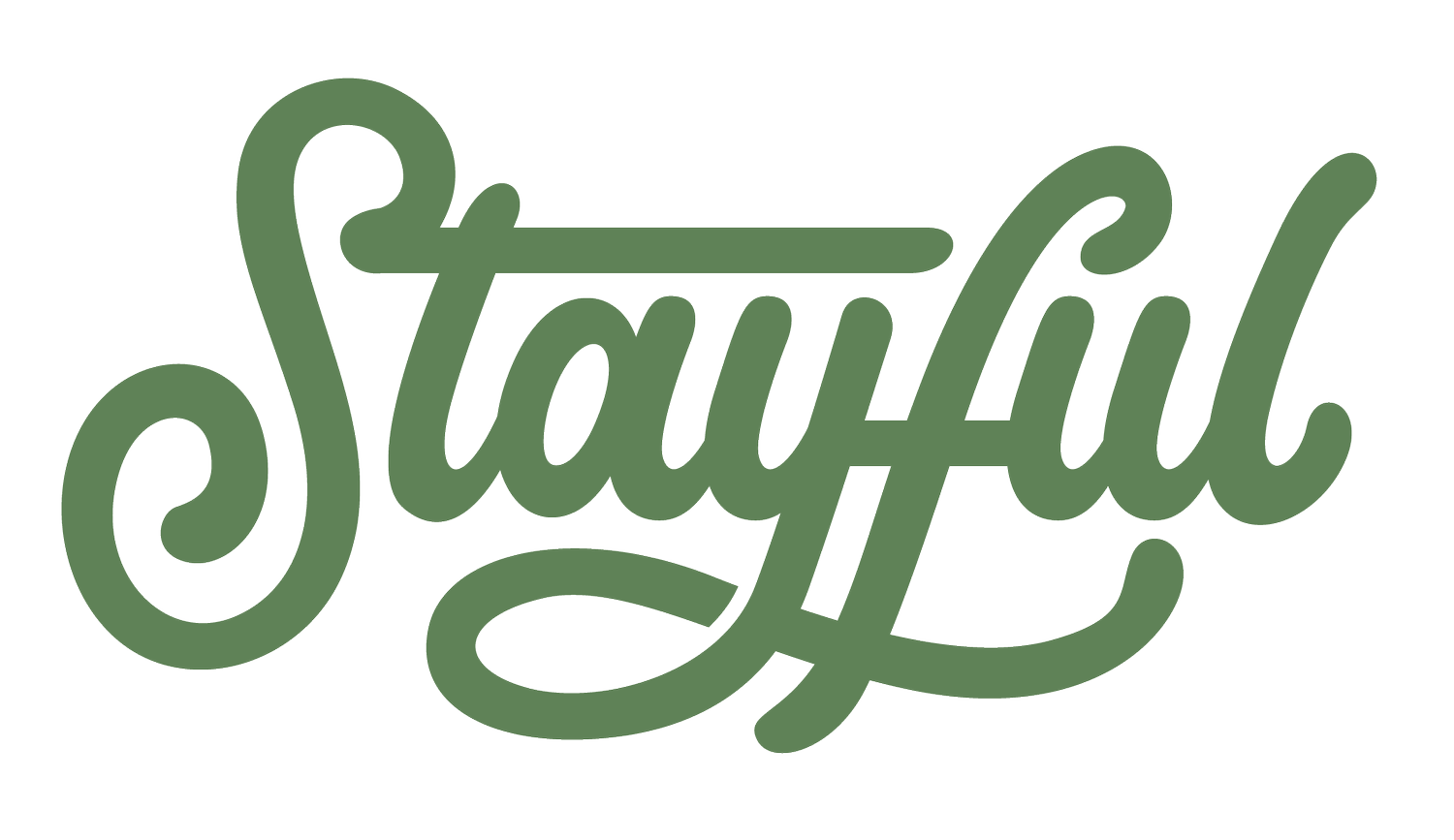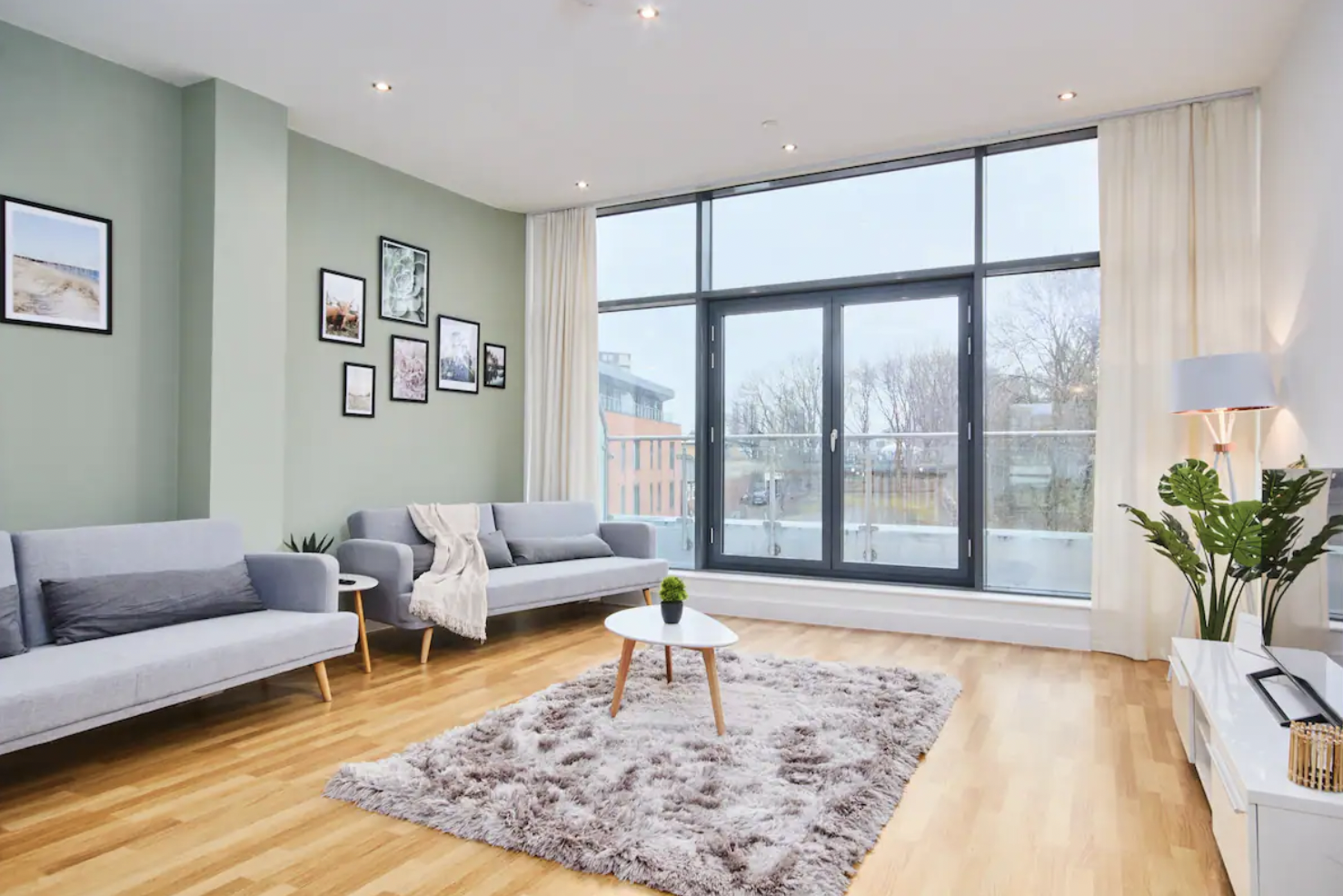The Complete Guide to Buying and Letting a Second Home
Buying and letting a property is an exciting venture, and can provide a much-needed boost to your finances. However, it is a big decision, and not one to jump into without being fully prepared. It’s important to make sure you’re familiar with the legal obligations of being a landlord, and all the benefits and drawbacks that may come with it.
1. Why Buy a Second Home? – Benefits and Drawbacks
There are both benefits and drawbacks to buying a second home: it’s not all sunshine and roses. It’s important to understand both the upsides and downsides of buying a property to rent out right at the beginning of the process, otherwise, you could waste a lot of your own time and money, as always i would recommend you speak to an accountant and seek both professional and legal advice before proceeding further with this idea so you can understand everything you need to know formally but their are benefits and drawbacks to buying a second home.
On the plus side, owning a second property is great for extra income through renting it out, either on a long-term basis or as an airbnb/holiday let, or simply through price appreciation.
It can also be a great way to diversify your investments across different types of properties.
On the downside, owning a second home means taking on additional responsibilities such as maintaining the property and dealing with rental issues.
It’s also important to remember that if you’re buying when house prices are volatile, this could affect the value of your investment.
2. Getting Your Finances in Order
Getting your finances in order is key, just as it is when you buy a home to live in.
Make sure you know what deposit you’ll need and do your research into buy-to-let mortgage options available. often you are going to need 25% of the total purchase price as a deposit, If you’re looking to rent out the property, consider how much rental income you’ll need to cover your mortgage payments.
You should also take Stamp Duty Land Tax into consideration.
This is an additional charge that you have to pay when buying a second home. The rate varies according to the value of the property.
If you’re buying with a partner, your finances are doubly important.
Before even looking at your first house, ensure that you agree on whether one of you will pay the lion’s share of the deposit and mortgage, or whether it’s 50/50. Will you be taking out a joint mortgage, or it will be in one person’s name? What are your partner’s expectations regarding the second home ?
3. Arrange a Conveyancer, Surveyor and Estate Agent
You should also arrange for a conveyancer, surveyor and estate agent. Organising this before you go on viewings will give you ample time to find the right people to help.
Your conveyancer will ensure the legal process is completed correctly
Your surveyor will assess the condition of any property you are interested in buying and inform you of any issues.
Your estate agent can help find you the right second home and liaise with the seller on your behalf.
Your Solicitor will deal with all the legal proceedings of transferring ownership of the property.
It’s reasonable to have multiple priorities in mind when making your choice of legal and professional assistance.
Ideally, pick someone based on a personal recommendation, but also pay attention to online reviews.
Though it might be tempting to choose the cheapest option, this can come with unforeseen costs down the line – for example, if your surveyor doesn’t pick up on a structural problem.
4. Choosing a Location
The location of your second home is one of the most important decisions you’ll make
Consider the size of the city or town.
It’s proximity to amenities.
Transport links.
Local schools.
Other factors that may affect your decision.
Remember, if you’re buying a property to rent out, all of these things will be important to potential tenants.
You should also look into local house prices, historic trends and projections to get an idea of how the value of your investment may change. Take some time to consider your options and identify the ideal location, and you could see much more growth in value down the line. This is important whether the second home is for you or a tenant to live in.
If you intend to rent it out as a holiday let, you should ensure that the location is popular with tourists. This will give you the best chance of generating a return on your investment.
5. Finding the Right Property
With your search area narrowed down, it’s time to start looking for properties. You can make use of sites such as Zoopla and Rightmove, or contact an estate agent directly for their guidance.
Make sure you check out as many homes as possible, comparing features such as size, condition and potential for renovation.
As you would when viewing any property, have it professionally surveyed before deciding if it’s right for you.
It’s also wise to have someone else accompany you on viewings, as two heads are better than one. Another person may be able to spot issues or features that you’ve missed.
If you’re going the landlord route, it’s worth bearing in mind that certain property management companies will take care of some of the renovations for you. This is just one of the many benefits of guaranteed rent schemes.
6. Making an Offer
Once you’ve found a property you’re interested in, the next step is to make an offer. There are multiple different approaches you can take.
Low-ball the seller: offer below their asking price and see if you can grab a bargain. This can be a great way to save money, but be aware that you may be rejected or outbid
Offer the asking price: this may be the best option if the house ticks all of your boxes, and you don’t want to miss out
Offer above the asking price: this could be worth it if the area is forecast for significant market growth, or if there is a lot of interest in the property
Whatever approach you take, it’s best to go into the process with a clear limit in mind. Get drawn into a bidding war and you may end up offering more than you think is fair and regretting your decision.
Being clear beforehand, especially if you’re buying the house with a partner, is essential.
Another thing to bear in mind when making an offer is whether you can afford the additional fees that are part of buying a house, like solicitor’s fees. You should factor these costs into your limit.
7. What to Do if Your Offer Is Rejected ?
If your offer is rejected, don’t panic! You have two options:
Renegotiating with the seller.
Looking at other properties on the market instead.
If you choose to renegotiate, make sure you understand why your offer was rejected and be prepared to compromise on price.
It’s important to remain calm and polite throughout this process as the seller may not be willing to negotiate with someone who displays anger or frustration.
Alternatively, if you decide to look elsewhere, take the lessons learnt from your experience in making an offer and apply them when looking at other houses.
8. The Legal Process of Buying a Second Home
Do you remember the long, drawn-out legal process of buying your first house?
Well, there are some similarities when you buy a second home.
In the UK, the legal process for buying a second home is similar to that of a first-time buyer.
You will need to instruct a solicitor or conveyancer to carry out searches on the property, draw up contracts and liaise with lenders.
Your solicitor should also advise you on any potential tax liabilities associated with buying a second home or owning two properties. For example, stamp duty rates and ‘bands’ change regularly. A solicitor will be able to give you the most up-to-date information, and explain it in a way that’s easy to understand.
9. Closing the Deal
When your offer has been accepted and the paperwork has been sorted, all that’s left to do is to close the deal and exchange contracts.
The exchange of contracts marks the point at which the sale of a property becomes legally binding. In other words, it’s the moment when all of your hard work pays off, as you become the official owner of a second home!
Before contracts can be exchanged, there are some other things that need to be taken care of. These include:
Arranging buildings insurance.
Ensuring that any outstanding mortgage payments are made on your existing home.
You also have 14 days after closing to pay stamp duty to HMRC.
10. Let Out Your Second Home with Stayful Airbnb Management
If you’re looking to make the most out of owning a second home, why not let it out and enjoy a passive income? At Stayful, we offer an unbeatable property management service for landlords looking for financial stability.
We specialise in guaranteed rent schemes: long-term agreements that assure you a steady monthly income, even when the property is unoccupied. We’ll handle everything for you, including cleaning, maintenance, finding reliable tenants, dealing with emergencies and chasing up late payments. This leaves you free to sit back and enjoy your guaranteed monthly rent without all the stress that comes with private lettings.
If you are interested in Airbnb management for your second home then click here or if you are interested in renting out your second home for hassle free guaranteed rent click here.
Interested in booking your next getaway ?
If you are interested in exploring your next getaway ? Stayful can help with our wide range of Airbnb properties from 4 bedroom city centre flats to cottages on the outskirts and everything in between, why not explore our short stay Airbnb accommodation here.





